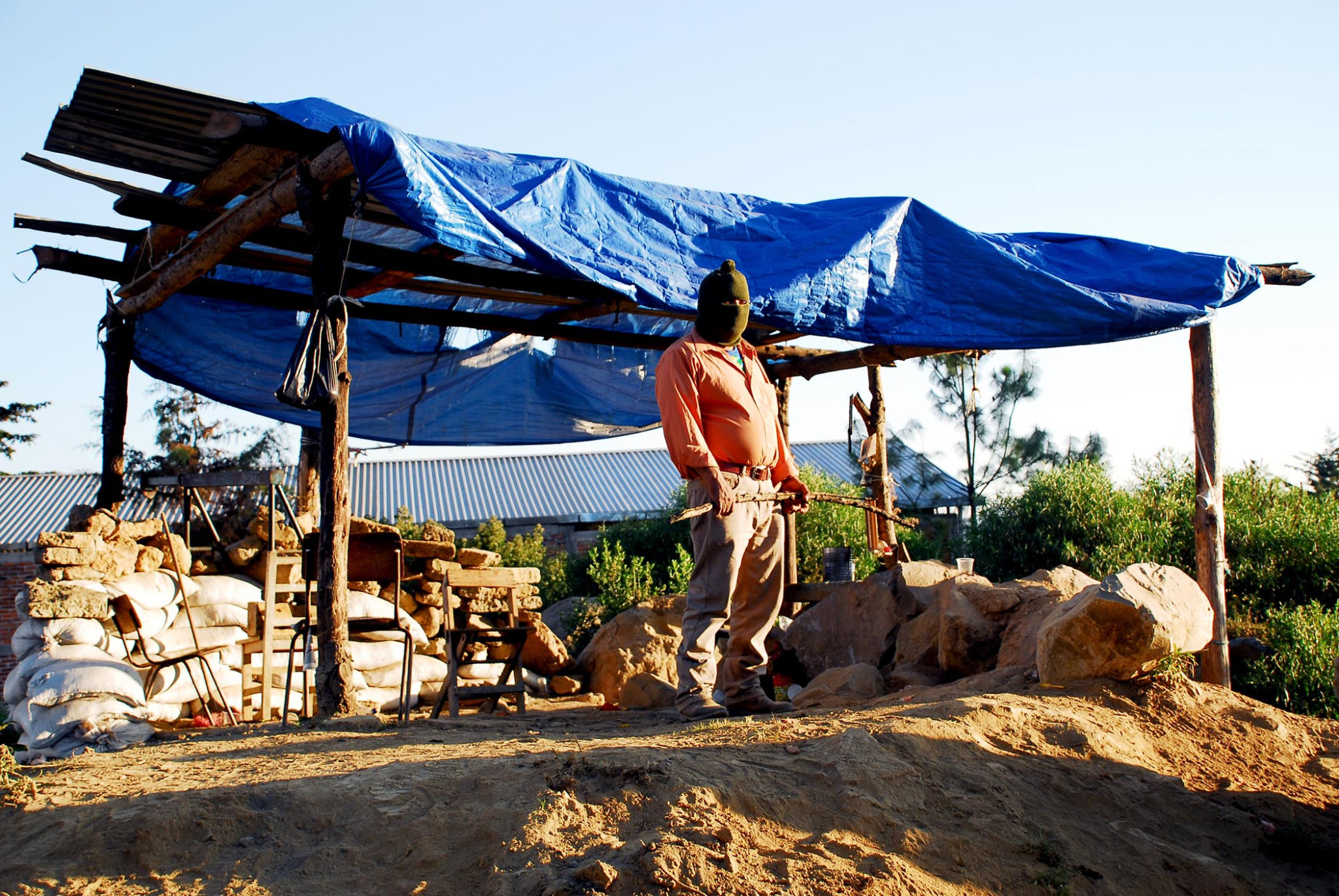


A joint initiative between the University of Bergen
and CMI – Chr. Michelsen Institute
The Political Economy of Organized Crime in Mexico
UiB Global Seminar with Karol Gil Vasquez, Nichols College, USA. NB! Held in Seminar Room 240, UiB Global, Jekteviksbakken 31.

Mexico is undergoing a humanitarian disaster of unknowledgeable proportions. It is clear, however, that such crisis has unevenly affected its most vulnerable population: the poor and the youth. Estimates indicate that the majority of the violence’s perpetrators, victims, and casualties are represented by poor males under the age of twenty-nine. Still, the conventional analysis of organized crime generally focuses on its direct effects on Mexico’s population with the exponential increase in human rights’ violations—political and civil rights—which include, among others, an unprecedented increase in assassinations, kidnappings, extortions, robberies, and forced disappearances. Likewise, the mainstream discourse primarily focuses on the role played by Mexico’s corrupted political institutions and neglects the effects of important aspects of U.S. policy in contributing to the further development of this situation.
This presentation argues that such analysis is shortsighted and misleading. It posits the humanitarian disaster as an isolated issue, completely unrelated to a larger and complex economic structure that facilitates and reproduces the violations of political and civil rights. Based on an interdisciplinary theoretical framework, this alternative approach to organized crime studies one of this complex economic structures—increasing income inequality. The main objective is to identify income inequality—a socio-economic human right—as a form of structural violence that nurtures the violation of basic human rights within Mexico’s transnational political framework.
Photo: 2013 illustrative photo from Meseta Purépecha in Michoacán state, Mexico / Karla H. Mares

